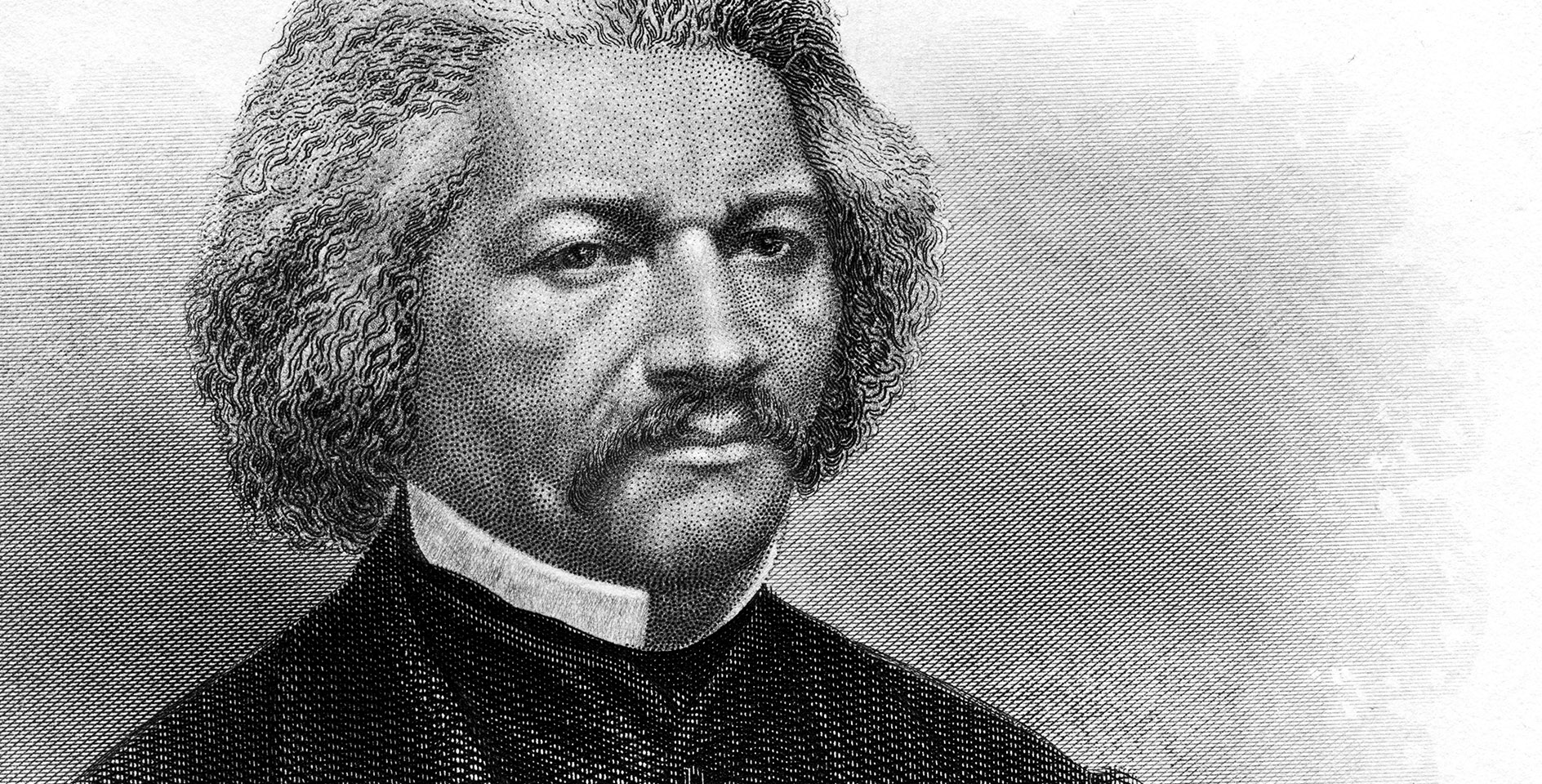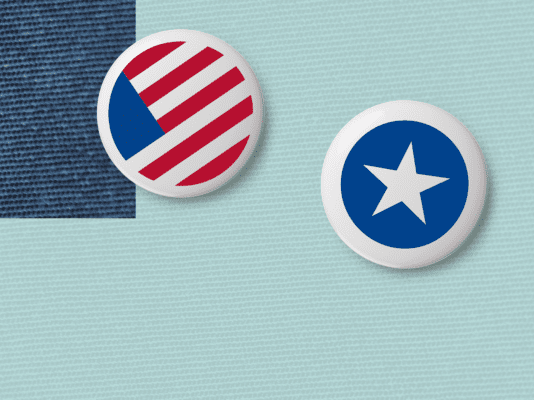“I can’t believe I grew up in Mississippi my entire life and didn’t learn a thing about Fannie Lou Hamer.”
Last month, I kicked off a book club in my living room. My hope had been to gather together a big, multi-ethnic group of women from all different stages of life—married, single, house full of children, childless, stay-at-home-moms, full-time professionals—to discuss 12 books about topics that have shaped our culture.
Our first meeting, though, turned out to be four black women—all of us in our mid-to-late 20s, and early 30s. We talked about everything from being black in the South to our city’s brand new Civil Rights Museum, to Fannie Lou Hamer.
After our book club, one of my friends asked, “If more white people do end up coming . . . do you think we’ll speak this honestly about our experience?” Will we still tell our story?
An inheritance
It might seem odd for me to start an article about Frederick Douglass waxing eloquent about book clubs, four black women, and Fannie Lou Hamer. But, when I was growing up, Douglass was my gateway to all of these things.
My first introduction to Frederick Douglass was simply as a writer. I was homeschooled and, for me, black history wasn’t just something that was segmented away from my education for a special month each year (although my mom made sure to usher in the theme of February with pomp, circumstance, and a round of Eyes On The Prize on VHS). Douglass’s autobiography was presented to me as a work of literature, foremost. And as an aspiring author myself, I devoured every word.
Of course, though, as a little black girl, I saw his words not just as his own memoir, but as a part of my story—which can be traced back about six generations, to slaves owned by a German family in Tennessee. I don’t know much else about my family’s origins, and I’m not alone in that fact. But I do know that Douglass spoke up for them. I know the name of one of their most dynamic advocates.
And so did Fannie Lou Hamer, the Mississippi spitfire who so many Mississippi students never learned about. Because, in a very real sense, Fannie Lou, and Martin Luther King, Jr, and Medgar Evers, and fill in the blank with the Civil Rights champion of your choice—they all stand firmly on the foundation that Douglass built.
A foundation
That foundation began sprouting up almost 200 years ago in Talbot County, Maryland. Douglass never knew his exact birthday, but he chose to celebrate it on February 14.
After escaping from slavery in 1838, Douglass threw in his lot with famed abolitionist William Lloyd Garrison, who encouraged the young man to tell his story. Narrative Of The Life Of Frederick Douglass stirred a diverse surge of reaction, from sympathy in the North to outrage in the South.
Because of his boldness, the good, Southern Christians he was lambasting questioned his devotion to the God they claimed to serve. In response, Douglass wrote:
[B]etween the Christianity of this land, and the Christianity of Christ, I recognize the widest possible difference—so wide, that to receive the one as good, pure, and holy, is of necessity to reject the other as bad, corrupt, and wicked. To be the friend of the one, is of necessity to be the enemy of the other. I love the pure, peaceable, and impartial Christianity of Christ: I therefore hate the corrupt, slaveholding, women-whipping, cradle-plundering, partial and hypocritical Christianity of this land.
And he didn’t stop writing even though he had to move overseas to escape recapture. After his freedom was purchased by advocates in the North, Douglass returned to America and championed the rights of slaves (and the rights of women, notably at the Seneca Falls Convention in 1848), penning more memoirs, delivering fiery speeches, and proving, beyond the shadow of a doubt, that the caricature of blacks as being best or only suited for menial labor and the lowest rung in the American caste system was categorically false.
A lost history
Douglass lived to see slavery abolished and died just before the systemic terrorism of the Jim Crow South became a legislated reality (with Plessy v. Ferguson in 1886).
If we’re not careful, it could be easy to relegate Douglass’s words to a specific time and place in history, mistakenly thinking that the sharp precision of the truth he spoke was only needed during the time he existed.
But, I recently read a headline that proclaimed that only 8 percent of high school seniors could pinpoint slavery as the leading cause of the Civil War. The number was circulated with incredulity: what are these teachers thinking? They’re probably thinking what one student of mine said during a unit on slavery: “It ended 200 years ago. I don’t get why people are still so obsessed with talking about it.” It’s old news.
A history reclaimed
My student rolled her eyes because talking about slavery—particularly with her black teacher—made her uncomfortable. And, generally, it’s discomfort that keeps us from digging into any hard truth. We don’t want to talk about slavery anymore, because it’s “dwelling in the past.” Frederick Douglass was needed back then, but we think we’re all good now.
It’s true that, because of the foundation built by Douglass and others, black Americans have overcome so much more than we ever thought imaginable. Because he was bold enough to separate himself from the hypocritical Christianity that surrounded him, he challenged America to live out the implications of the gospel that they claimed to prize.
In many ways (though not in all), we are fighting completely different battles than Douglass was. But even still, we are fighting them standing high upon his shoulders. Two hundred years later, I’m living a life Douglass could only dream of—and in the Deep South, no less! And I’m gathering together a group of women to talk about his and other stories.
Because, yes, like Fannie Lou, and Frederick before her, we will speak up.
Racial unity is a gospel issue and all the more urgent 50 years after Martin Luther King Jr.’s death. Join the Ethics & Religious Liberty Commission and The Gospel Coalition at a special event, “MLK50: Gospel Reflections from the Mountaintop,” taking place April 4, 2018, in Memphis, Tenn. Key speakers include Russell Moore, Benjamin Watson, John Piper, Jackie Hill-Perry, Matt Chandler, Eric Mason and many others. Learn more here.










